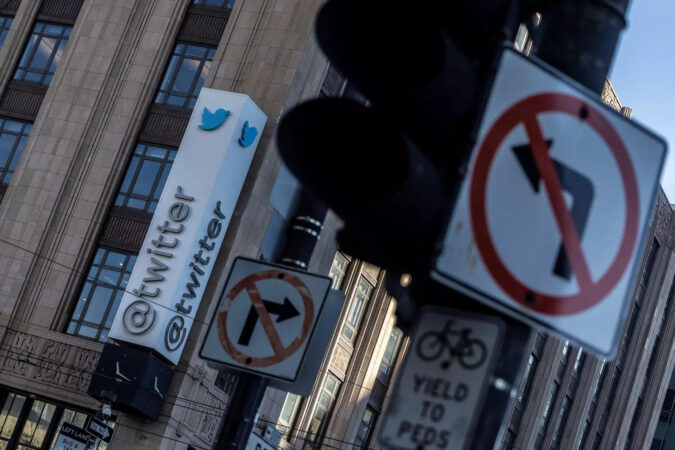WASHINGTON: The US Supreme Court on Wednesday heard for a second straight day a bid to hold internet companies accountable for contentious content posted by users, this time involving a lawsuit against Twitter by the American relatives of a Jordanian man killed in an Istanbul nightclub massacre.
The justices on Tuesday heard arguments in an appeal arising from a separate lawsuit against Google-owned YouTube, by the family of an American woman killed in a Paris attack by militants. Arguments were ongoing in the case involving Twitter.
Relatives of Nawras Alassaf accused Twitter of aiding and abetting the IS group, which claimed responsibility for the January 1, 2017, attack that killed him and 38 others, by failing to police the platform for its accounts or posts.
Twitter is appealing after a lower court allowed that lawsuit to proceed and found that the company had refused to take “meaningful steps” to prevent IS’ use of the platform. The justices asked Seth Waxman, the lawyer for Twitter, numerous questions about the scope of the Anti-Terrorism Act under which the lawsuit was filed, testing the company’s argument that it should not be held liable for providing a service used by millions of people while also enforcing a policy against terrorism-related content. “You’re helping by providing your service to those people, with the explicit knowledge that those people are using it to advance terrorism,” liberal Justice Elena Kagan said.
The justices on Tuesday heard arguments in an appeal arising from a separate lawsuit against Google-owned YouTube, by the family of an American woman killed in a Paris attack by militants. Arguments were ongoing in the case involving Twitter.
Relatives of Nawras Alassaf accused Twitter of aiding and abetting the IS group, which claimed responsibility for the January 1, 2017, attack that killed him and 38 others, by failing to police the platform for its accounts or posts.
Twitter is appealing after a lower court allowed that lawsuit to proceed and found that the company had refused to take “meaningful steps” to prevent IS’ use of the platform. The justices asked Seth Waxman, the lawyer for Twitter, numerous questions about the scope of the Anti-Terrorism Act under which the lawsuit was filed, testing the company’s argument that it should not be held liable for providing a service used by millions of people while also enforcing a policy against terrorism-related content. “You’re helping by providing your service to those people, with the explicit knowledge that those people are using it to advance terrorism,” liberal Justice Elena Kagan said.
